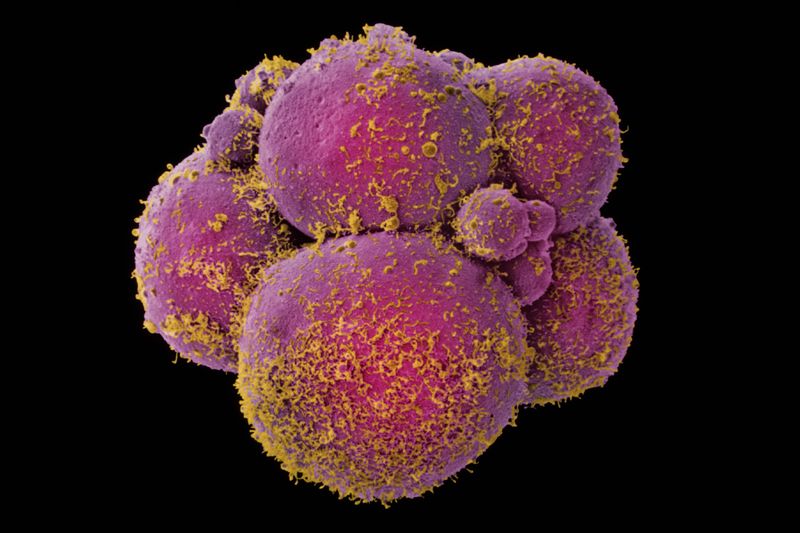Gene scientists call for moratorium on heritable genome editing – “Genetic enhancement could divide humans into subspecies”

13 March 2019 (Nature) – We call for a global moratorium on all clinical uses of human germline editing — that is, changing heritable DNA (in sperm, eggs or embryos) to make genetically modified children.
By ‘global moratorium’, we do not mean a permanent ban. Rather, we call for the establishment of an international framework in which nations, while retaining the right to make their own decisions, voluntarily commit to not approve any use of clinical germline editing unless certain conditions are met.
To begin with, there should be a fixed period during which no clinical uses of germline editing whatsoever are allowed. As well as allowing for discussions about the technical, scientific, medical, societal, ethical and moral issues that must be considered before germline editing is permitted, this period would provide time to establish an international framework.
Thereafter, nations may choose to follow separate paths. About 30 nations currently have legislation that directly or indirectly bars all clinical uses of germline editing, and they might choose to continue the moratorium indefinitely or implement a permanent ban. However, any nation could also choose to allow specific applications of germline editing, provided that it first: gives public notice of its intention to consider the application and engages for a defined period in international consultation about the wisdom of doing so; determines through transparent evaluation that the application is justified; and ascertains that there is broad societal consensus in the nation about the appropriateness of the application. Nations might well choose different paths, but they would agree to proceed openly and with due respect to the opinions of humankind on an issue that will ultimately affect the entire species.
To be clear, our proposed moratorium does not apply to germline editing for research uses, provided that these studies do not involve the transfer of an embryo to a person’s uterus. It also does not apply to genome editing in human somatic (non-reproductive) cells to treat diseases, for which patients can provide informed consent and the DNA modifications are not heritable.
The 18 signatories of this call include scientists and ethicists who are citizens of 7 countries. Many of us have been involved in the gene-editing field by developing and applying the technology, organizing and speaking at international summits, serving on national advisory committees and studying the ethical issues raised.
Here, we lay out why we think such a moratorium is now warranted, and illustrate how an international framework might work.
The need for a global moratorium
At the first International Summit on Human Gene Editing in December 2015, the organizing committee issued a statement about appropriate uses of the technology (see go.nature.com/2erqwpc). About the issue of making genetically modified children, it concluded that “it would be irresponsible to proceed with any clinical use … unless and until (i) the relevant safety and efficacy issues have been resolved … and (ii) there is broad societal consensus about the appropriateness of the proposed application”.
This should have been understood to mean that clinical uses of germline editing should not yet proceed anywhere in the world. Yet, subsequent events suggest that this statement was inadequate.
First, in China, biophysicist He Jiankui reportedly edited embryos to create at least two babies. Second, scientists who were apparently aware of this work did not take adequate measures to stop it. Third, there has been growing interest in proposals for genetic enhancement of humans. Fourth, some commentators have interpreted subsequent statements as weakening the requirement for broad societal consensus; such statements include a 2017 report from the US National Academies of Sciences, Engineering, and Medicine5 and a 2018 statement from the organizing committee following the Second International Summit on Human Genome Editing (see go.nature.com/2rowv3g). Finally, no mechanism was created in the ensuing years to ensure international dialogue about whether and, if so, when clinical germline editing might be appropriate. [more]
A global moratorium and framework are therefore necessary to ensure proper consideration of the relevant issues surrounding clinical uses of germline editing. [more]